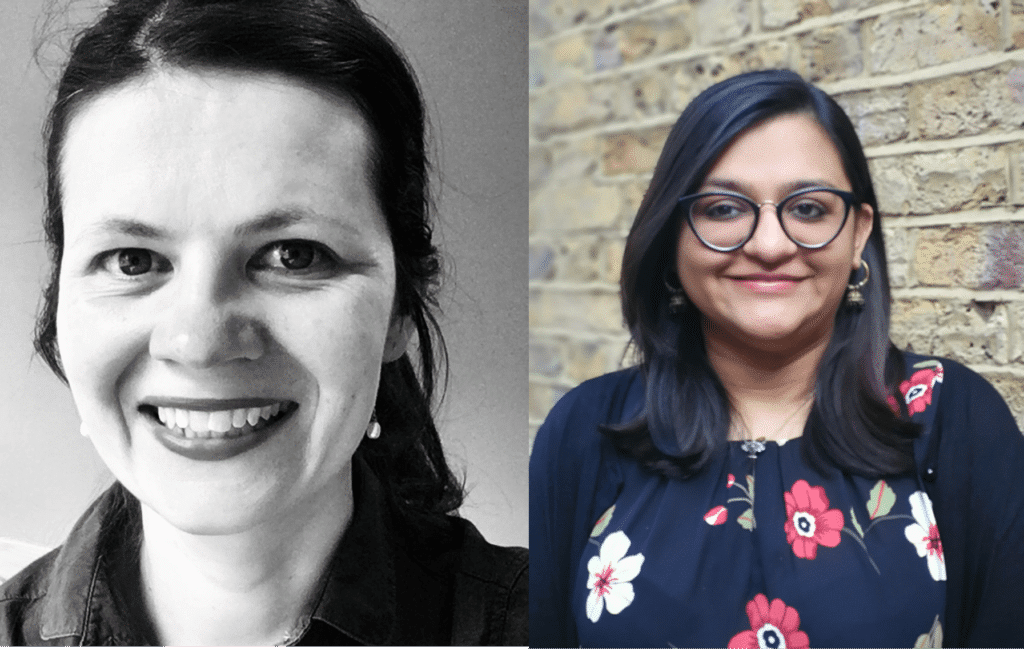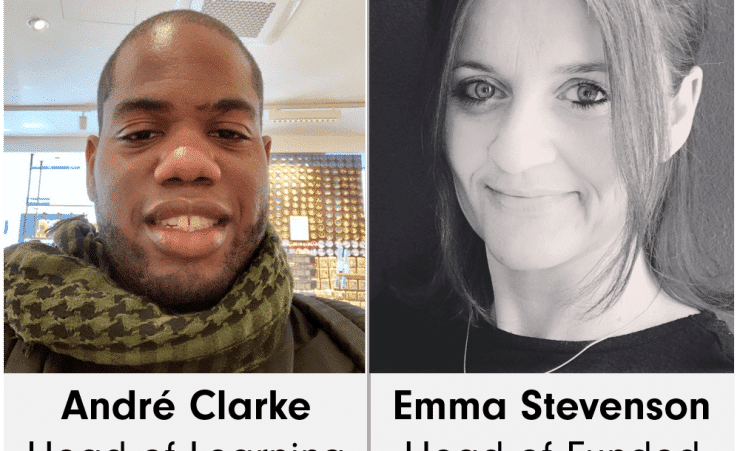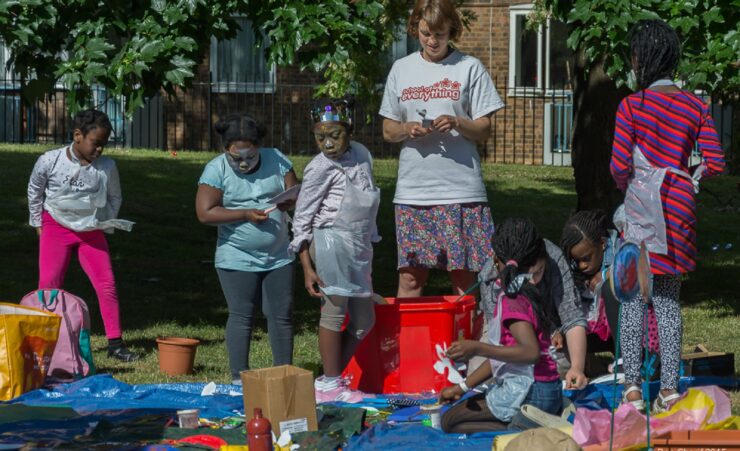
6 reflections on collaboration during Covid-19
From cross-sector health leaders
1. Identifying priorities for the next six months
The participants listed a focus on recovery as top of the list. Many said that the response to the pandemic has improved relationships across sectors and meant that planning is now a more collaborative process than it was before.
‘We’ve worked more in partnership with our counterparts than before.’
‘These last three months have been about relationships and communications and we’d like to keep it this way and focus on making this our new normal for the next 6 to 12 months.’
A social prescribing professional was concerned that their services might be used in the wrong way, or be seen as a solution to a different problem if they weren’t very clear ‘who they are for but also trying to increase the referrals and to make it possible for community groups to refer to social prescribing’.
2. Addressing health inequalities and the digital challenge
The switch to digital and virtual healthcare support has made stark the impact for those without access to digital access. One participant spoke about how they have been contacting local community networks and the voluntary sector to reach those left behind by the digital divide. This has led to good relationships being built: ‘It is important to join up with these networks and have conversations and partnerships with them, when you are trying to respond to a crisis like Covid-19’.
Secondly with the amount of support being provided in this way, many organisations and services had introduced new, more frequent ways of engaging with users. Whilst this has been welcomed by users, it has become overwhelming and exhausting for providers. Organisations are assessing how to continue to work this way and how to balance this with face-to-face support.
3. Supporting not squashing local community action
Many were keen to support the new micro/hyper local groups and mutual aid systems that have emerged as a huge source of community strength and cohesion over the last few months. At the same time, they are aware of the potentially negative impact on drive and reach that can be caused by over control of local voluntary service councils or ‘professionalisation’.
Wirral CVS was able to share some excellent examples of the approach they had taken to supporting local mutual aid groups. Including connecting with groups, but standing back and only offering advice and support when needed.
4. Finding time and space to assess impact
Working at pace and re-designing services at speed to support users has meant evaluation and assessing impact hasn’t been at the forefront of many people’s minds. Many commissioners and funders had responded to the emergency by reducing reporting requirements for funded services and organisations. One participant explained they are not thinking about impact yet, being still in the response phase, but are starting to look at recovery and realise that it’s going to be tough.
‘We are having to fight fires while watching our house burning down.’
At the moment it seems like local charities are just making an impact with the hope that they can assess it at a later stage. However, there is increasing demand from NHS England and NHS Improvement and others to understand what has worked and what systems and new ways of working would be helpful to adopt and retained in a recovery phase.
5. Recording impact with qualitative data and stories
A social prescriber described how she had been encouraging her colleagues to write up the case studies and stories of people they have been supporting during Covid-19 as a way of keeping the individuals at the centre of thinking, both for them and their commissioners. This approach struck a chord with the webinar group, along with the impact of simply documenting what has, and is, taking place. What is ‘normal’ is changing on a daily basis. It was noted how important it is to document this, to capture the new ways of working and support arguments for not slipping back into previous less successful approaches, systems and relationships. Furthermore, some commissioner’s mindsets are changing and becoming more open to hearing individual case studies and patient’s experiences.
‘Our commissioners have actually said that they want to hear more case studies than statistics! So, our quarterly reports now have a reasonable amount of case studies and I think commissioners are seeing this as the way forward.’
One CCG has a slot for ‘patient voice/experience’ at board meetings and sees the current digital transformation as a valuable as a way of engaging more people with the meetings in order to hear more directly from those experiencing care.
It feels like progress is being made if these reflective practices are being adopted more widely and those with lived experience of conditions and care are being put at the centre of decisions and planning.
6. The challenges on the horizon
It is worth noting that these conversations and discussions are taking place against a backdrop of uncertainty particularly in statutory sector funding. Many local authorities are nearing bankruptcy making it difficult for them to support anything other than essential services and the NHS will not be able to ‘reset’ back to pre-Covid-19 levels of service and care quickly. It is increasingly important that local areas and their communities are able to leverage the full extent of their local assets, knowledge and experience through collaboration across the sectors.
If you would like to access support for cross-sector partnership in health and care:
- The next and final peer support session will take place in September 2020. Email nancy.towers@socialenterprise.org.uk to register your interest.
- The Building Health Partnership’s programme will host a virtual national conference, sharing best practice and developing relationships in the late Autumn, email vanessa@ivar.org.uk to register your interest.
- You can register for a 1-2-1 coaching session with Mark Doughty from The King’s Fund here.


